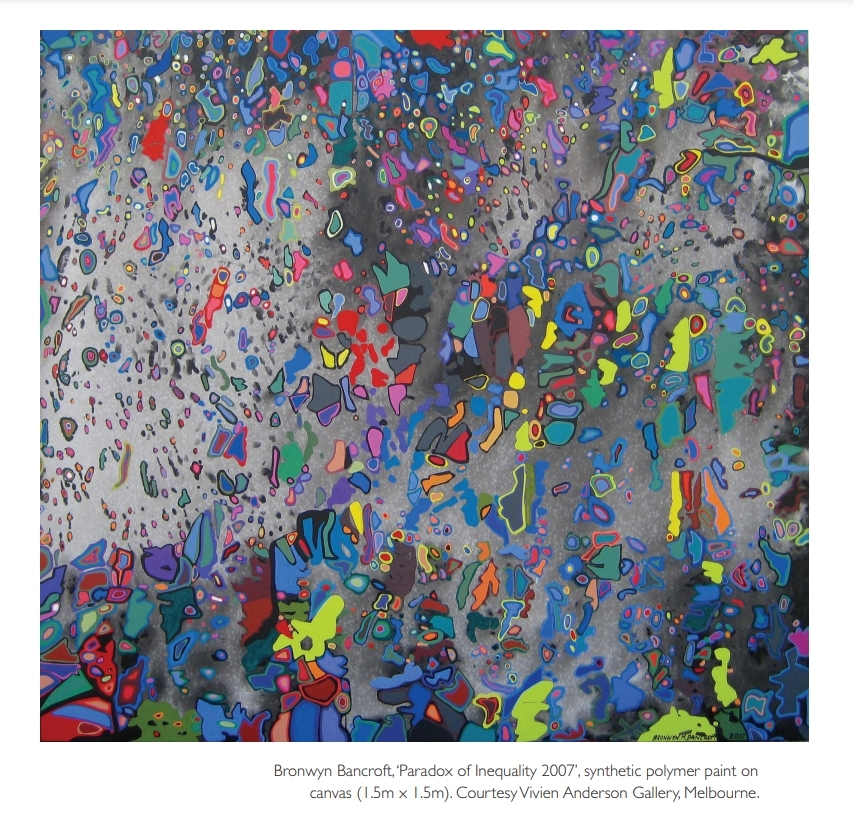Welcome to DU!
The truly grassroots left-of-center political community where regular people, not algorithms, drive the discussions and set the standards.
Join the community:
Create a free account
Support DU (and get rid of ads!):
Become a Star Member
Latest Breaking News
Editorials & Other Articles
General Discussion
The DU Lounge
All Forums
Issue Forums
Culture Forums
Alliance Forums
Region Forums
Support Forums
Help & Search
The paradox of inequality

Kate Pickett explains how to turn the vicious circle of inequality and social mistrust into a virtuous one.
https://socialeurope.eu/the-paradox-of-inequality

Holidaying on the island of Arran, off the west coast of Scotland, we came upon a geological site known as Hutton’s Unconformity. James Hutton, an 18th-century geologist, became curious about junctions between different types of rock formation, created at different times and by different processes, as if manifestations of a collision between mighty opposing forces. At the time, people thought that rocks were either created by volcanic activity or they were laid down by oceans. Hutton realised that both processes had shaped what he was seeing—neither of the simple explanations could resolve what was going on. His ‘unconformity’ struck me as a good metaphor for collisions, contradictions and disconnections which I have been thinking about.
Tolerating inequality
The first collision is between people’s expressed values and the actions they take. According to statistics presented in a recent paper, racial inequality cost the United States economy $16 trillion in lost gross domestic product over the last two decades. Meanwhile, the gender pay gap holds back the global economy by about $160 trillion. Yet people in positions of privilege continue to tolerate inequality and fail to support policies which would lead to greater equality—despite generally claiming to have egalitarian values.
The authors of the paper, American social psychologists, argue that this contradiction arises because the privileged and those in positions of power believe that policies which increase equality will necessarily harm them and undermine their status. In a series of experiments, they showed that members of advantaged groups consistently believed that policies which would actually benefit everyone would harm them, while policies that increased inequalities between groups would always be good for them. The researchers conclude that ‘these misperceptions may explain why inequality prevails even as it incurs societal costs that harm everyone’.
But the participants in the experiments may not have been misperceiving anything at all. The equality-enhancing scenarios they were presented with all focused on increasing material assets. For example, they were asked to consider increases in the amount of mortgage loans to disadvantaged groups with no changes for the advantaged group, or increases in pay for women with no changes in pay for men. Clearly the respondents did not like these proposals, even though the scenarios they were presented with would not decrease their own material assets and would reduce absolute differences between groups.
snip
2 replies
 = new reply since forum marked as read
Highlight:
NoneDon't highlight anything
5 newestHighlight 5 most recent replies
= new reply since forum marked as read
Highlight:
NoneDon't highlight anything
5 newestHighlight 5 most recent replies
The paradox of inequality (Original Post)
Celerity
Jun 2022
OP
wnylib
(25,535 posts)2. So, psychologically, the real problem
for people with privilege and rank is that they want to keep rank in order to feel above others. When things are evened out more, they don't feel as special.